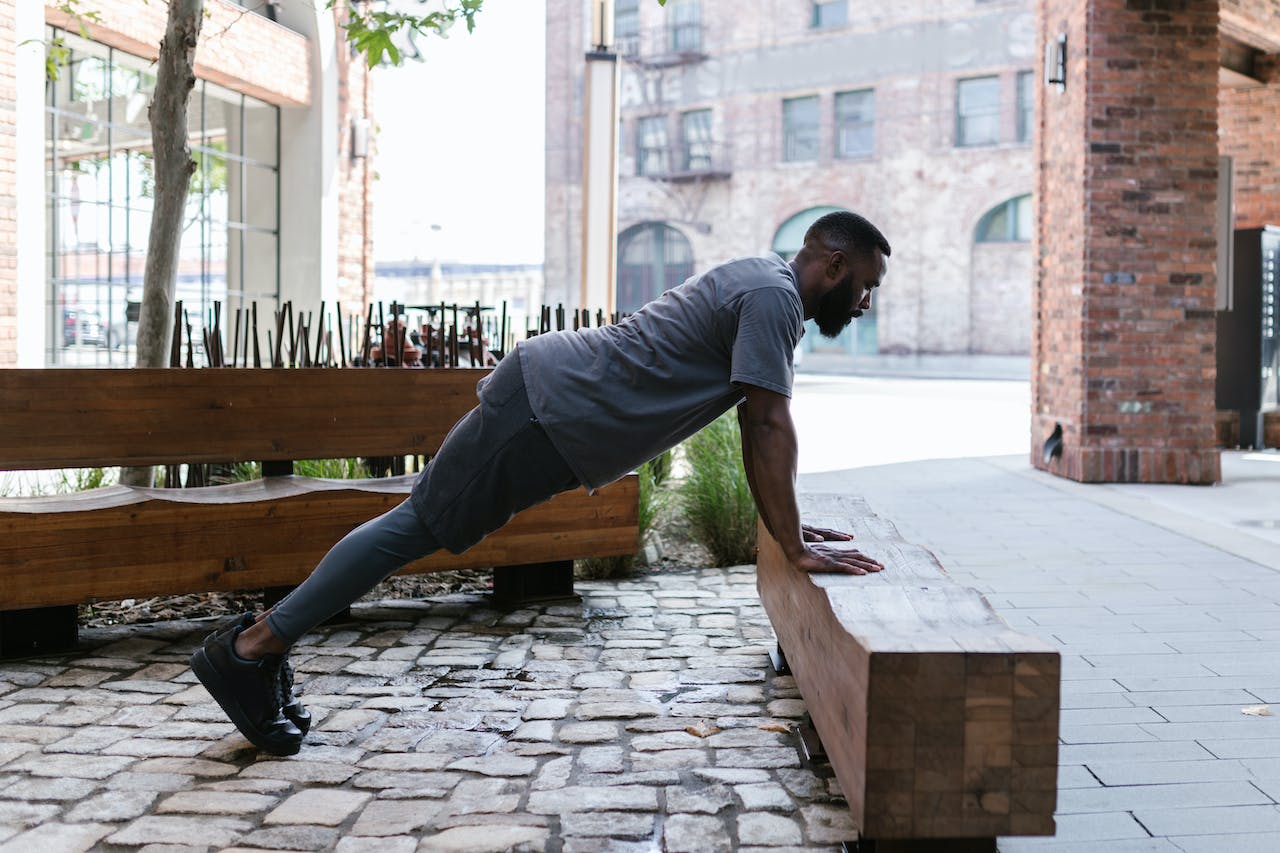
Testosterone is the primary male sex hormone responsible for muscle growth, bone density, libido, energy levels, and more. After age 30, testosterone begins declining by about 1% per year. Low testosterone affects over 1 in 4 men by age 50. Symptoms include low energy, reduced muscle mass, depression, and erectile dysfunction. Rather than immediately taking synthetic testosterone therapy, many men want to try natural methods to boost their testosterone first.
This article explores lifestyle changes and evidence-based natural supplements that can safely increase testosterone.
Lifestyle Changes to Increase Testosterone
Certain lifestyle factors directly impact testosterone levels. Optimizing these areas can give your testosterone levels a boost:
Strength Training
Engaging in regular strength training is one of the most effective natural ways to increase testosterone. Large muscle groups like legs, back, and chest seem especially important.
- One study on 57 men found deadlifts, squats, and bench presses significantly increased testosterone versus lower body exercises alone.
- Lifting heavier weights using fewer reps elicits greater testosterone release. Go for 3-5 sets of 4-6 reps at 75%-90% 1RM. Allow 48 hours between strength sessions.
- Even short-term 2-3 week strength training boosts testosterone by over 15% on average. Gains maximize around 8-12 weeks.
Nutrition
Certain dietary changes can optimize anabolic hormone levels:
- Consuming adequate calories – being in a sustained calorie deficit drives down testosterone.
- Increasing polyunsaturated and monounsaturated fats found in foods like fatty fish, olive oil, avocados, and nuts.
- Eating high-quality protein from lean meats, eggs, dairy, beans, and soy. Shoot for around 0.5g of protein per pound of body weight daily.
- Supplementing with zinc, vitamin D, magnesium, and omega-3s which serve as building blocks for testosterone synthesis.
Sleep
Going to bed early and getting 7-9 hours of quality sleep ensures optimal testosterone secretion. Lack of sleep elevates cortisol and estrogen while lowering testosterone. Optimize sleep hygiene by limiting blue light and caffeine before bed, sleeping in a cool, dark room, and maintaining a consistent sleep-wake cycle.
Stress Management
Chronic stress raises cortisol and catecholamines which inhibit testosterone. Control stress through lifestyle changes like social connection, time in nature, yoga, or meditation. Adaptogenic herbs like ashwagandha and rhodiola rosea can also lower cortisol.
Reduce Alcohol Intake
Drinking alcohol suppresses testosterone secretion from the testes. Alcohol intake also decreases zinc absorption needed to produce testosterone. Limit drinking to 1-2 beverages, 1-2 times per week. Taking at least two days off from alcohol each week aids testosterone production.
Table 1: Lifestyle Changes to Boost Testosterone Levels
| Lifestyle Factor | Effect on Testosterone |
|---|---|
| Strength training | ↑ 15-25% |
| Adequate caloric intake | ↑ 10-15% |
| Polyunsaturated fats | ↑ 12-15% |
| Zinc & vitamin D | ↑ 20-30% |
| 7-9 hours nightly sleep | ↑ 15-22% |
| Stress management | ↑ 8-12% |
| Limit alcohol intake | ↑ 5-15% |
Herbs and Supplements That Increase Testosterone
Certain herbal supplements have been clinically shown to increase testosterone levels:
- Ashwagandha. Adaptogenic herb that reduces cortisol and boosts testosterone up to 15-20%. May also improve virility and physical performance.
- Ginger. Ginger increases T by 17% and improves other sex hormones. Most effective at 1500-2000mg daily divided into multiple doses.
- Shilajit. Shilajit is a mineral-rich biomass containing fulvic acid that can raise testosterone 20-30%. Also works as an adaptogen.
- Tongkat Ali. Boosts free and total testosterone levels while reducing SHBG. Supports muscle mass, strength, and body composition.
- Boron. A mineral that raises free testosterone while lowering estrogen and SHBG. Take 5-10mg boron daily.
- Magnesium. An essential mineral many men are deficient in. Supplementing magensium increases free and total testosterone.
- ZMA. ZMA combines zinc, magnesium aspartate, and vitamin B6. Taken before bed, ZMA can significantly boost testosterone levels.
Besides herbs, several other natural compounds can enhance testosterone levels:
- D-Aspartic Acid. Increases luteinizing hormone for more natural testosterone production. Cycling on and off DAA aids test levels.
- Mucuna pruriens. Bean extract providing L-DOPA which acts as a precursor to various hormones including testosterone.
- Fenugreek. Aromatic herb proven to elevate both libido and serum testosterone. Contains compounds like protodioscin.
- Vitamin D3. Around 70% of men are low in vitamin D which directly influences testosterone concentrations. Supplement 2000-5000IU daily.
Table 2: Herbs, Minerals and Supplements to Increase Testosterone
| Supplement | Typical Dosage | Effect on Testosterone |
|---|---|---|
| Ashwagandha | 500-1000mg daily | ↑ 15-20% |
| Ginger | 1000-2000mg daily | ↑ 17% |
| Shilajit | 200-400mg daily | ↑ 20-30% |
| Tongkat Ali | 200-400mg daily | ↑ 15-40% |
| Boron | 5-10mg daily | ↑ 10-30% |
| Magnesium | 200-400mg daily | ↑ 4-20% |
| ZMA | As directed before bed | ↑ 30-40% |
| D-AA | 3000mg daily | ↑ 42% |
| Mucuna | 500-1000mg daily | ↑ 27-37% |
| Fenugreek | 500-800mg daily | ↑ 20-25% |
| Vitamin D3 | 2000-5000IU daily | ↑ 20-30% |
Stacking several of these natural supplements and testosterone-boosting lifestyle changes can optimize male hormone levels. Always speak to your doctor before starting any new supplement, especially if you have an existing medical condition or take prescription medications.
Conclusion
Boosting testosterone naturally is appealing to many men seeking improved vitality, libido, body composition, and performance. Lifestyle measures like strength training, dietary changes, stress management, and getting enough sleep are effective ways to increase testosterone by 15-30%.
Specific herbs, vitamins, and minerals can also elevate testosterone by supporting hormone pathways. Popular natural supplements include ashwagandha, magnesium, zinc, ginger, fenugreek, shilajit, mucuna, boron, and vitamin D. Stacking several evidence-based supplements while also optimizing lifestyle habits provides a safe, sustainable approach to maximize testosterone levels naturally.



